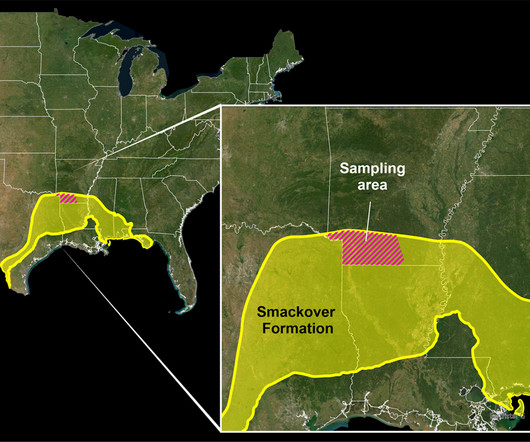Velocys receives FONSI from USDA for planned Mississippi biorefinery; wood waste to drop-in fuels
Green Car Congress
AUGUST 8, 2018
Velocys plc announced that the US Department of Agriculture (USDA) has issued a Finding of No Significant Impact (FONSI) on the environmental assessment report for Velocys’ planned Bayou Fuels biorefinery in Natchez, Mississippi. No opposing or negative comments were filed as part of the USDA’s public consultation process.





















Let's personalize your content